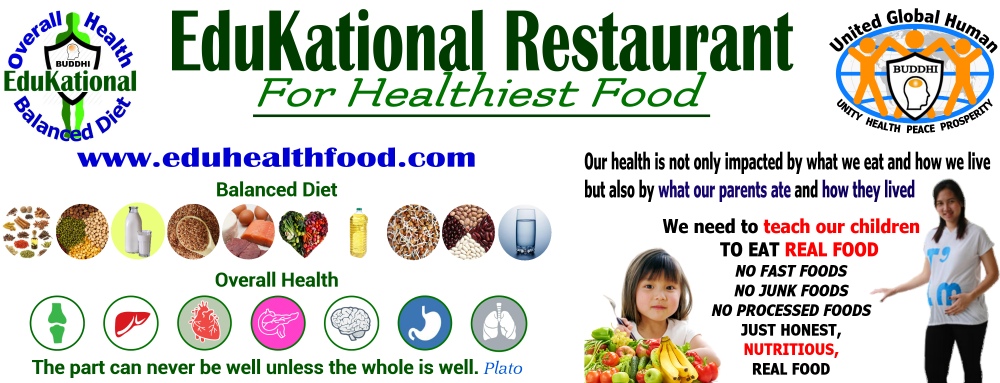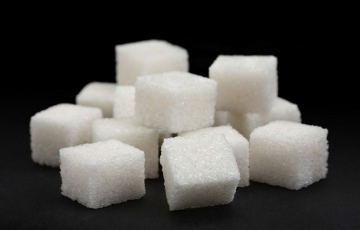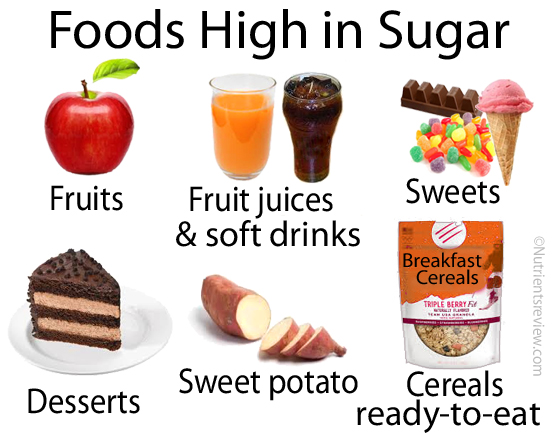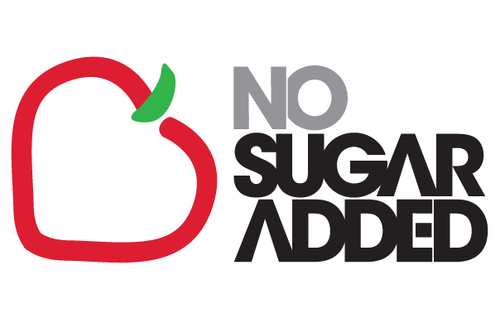
EduKational Health Article
Are we eating too much sugar in our diets? There is overwhelming evidence that says "Yes".

Is too much protein bad for you?
The market for protein supplements is now mainstream – but many of us already eat twice as much protein as the World Health Organisation recommends

Should humans drink cow’s milk?
The consumption of cow’s milk is in decline as lactose intolerance does for dairy what gluten intolerance has done to bread. But if you are northern European, you are genetically modified to consume milk


Sugar and Cancer
Sugar linked to growth of certain cancers
Scientists in Texas have linked certain cancers to the intake of sugar that they need to grow.
Daily Mail article - Sugar IS fuelling various forms of cancer. Published 26 May 2017; by Stephen Matthews for Mail Online
A sugar rich diet may be fuelling various forms of cancer, as new research from Scientists at the University of Texas at Dallas confirms a long suspected belief.
Previous studies have suggested that tumours thrive off sugar, using it as energy to mutate and spread across the body.
Now scientists have shown one type of cancer - which can be found in the lungs, head and neck, oesophagus and cervix - has more of a sweet tooth than others.
Squamous cell carcinoma (SqCC) was more dependent on sugar to grow, University experts found.

This form of the disease used higher levels of a protein that carries glucose to cells to enable them to multiply, they discovered.
Lead author Dr Jung-whan Kim said: “It has been suspected that many cancer cells are heavily dependent on sugar as their energy supply.
But it turns out that one specific type - squamous cell carcinoma - is remarkably more dependent.
This type of cancer clearly consumes a lot of sugar. One of our next steps is to look at why this is the case.”
Writing in the journal Nature Communications, he warned the findings were worrying because "as a culture, we are very addicted to sugar".
All cells, not just cancerous ones, require energy
He added: "Excessive sugar consumption is not only a problem that can lead to complications like diabetes, but also, based on our studies and others, the evidence is mounting that some cancers are also highly dependent on sugar."
"We'd like to know from a scientific standpoint whether we might be able to affect cancer progression with dietary changes."
Health officials across the world have stood firm on their stance towards sugar in recent years, despite growing evidence showing it to potentially fuel tumour growth.
Instead, they highlight the fact that all cells, not just cancerous ones, require energy, which is found in the form of glucose, to survive.
"We'd like to know from a scientific standpoint whether we might be able to affect cancer progression with dietary changes."
Dr Jung-whan Kim
Without a sufficient supply of the sugar, each cell in the body would struggle to perform their duties.
Cancer Research UK make clear that cancerous cells aren't just dependent on sugar for their growth, as they rely on amino acids and fats also.
The new findings came after researchers looked into the differences between two major subtypes of non-small cell lung cancer - adenocarcinoma (ADC) and SqCC.
About one quarter of all lung cancers are SqCC, which has been difficult to treat with targeted therapies.
The study first tapped into The Cancer Genome Atlas, which maps information about 33 types of cancer gathered from more than 11,000 patients.
Based on that data, it found a protein responsible for transporting glucose into cells was present in significantly higher levels in lung SqCC than in lung ADC.
The protein, called glucose transporter 1, or GLUT1, takes up glucose into cells, where the sugar provides a fundamental energy source and fuels cell metabolism.
GLUT1 is also necessary for normal cell function, such as building cell membranes.
As high levels of GLUT1 was implicated in SqCC's appetite for sugar, the researchers examined human lung tissue, isolated lung cancer cells and animals to find evidence of the link.
Professor Kim added: "We looked at this from several different experimental angles, and consistently, GLUT1 was highly active in the squamous subtype of cancer."
"Adenocarcinoma is much less dependent on sugar".
"Our study is the first to show systematically that the metabolism of these two subtypes are indeed distinct and unique."
The study also investigated the effect of a GLUT1 inhibitor in isolated lung cancer cells and mice with both types of non-small cell lung cancer.
When the mice were given the inhibitors, their SqCC growth slowed down, but this was the opposite for the adenocarcinoma.
The findings indicate that GLUT1 could be a potential target for new lines of drug therapy, especially for SqCC.
The study also found GLUT1 levels were much higher in four other types of squamous cell cancer of the head and neck, oesophagus and cervix.
Dr Justine Alford, Cancer Research UK’s senior science information officer, said: "This study in cells and mice did not look at the links between sugar in the diet and cancer risk."
Instead, it reveals interesting differences in the way that two types of lung cancer take in and use sugar, which the researchers think could be used as a way to diagnose and target the disease in the future.
All cells – both cancerous and healthy – use sugar, so there is no need to be alarmed by this study."
Comment:

Foods high in sugar
Sugars occur naturally in foods such as fresh fruit and milk, but we don't need to cut down on these types of sugars. It is the added or 'free sugars' that cause the most problems.
Added sugars are found in foods such as sweets, cakes, biscuits, chocolate, and some fizzy drinks and juice drinks – these are the sugary foods we should cut down on. For example, a can of cola can have as much as 9 cubes of added sugar.
Adults are recommended to eat a maximum of 30g of added, or 'free' sugar a day, which is roughly seven sugar cubes; children are advised to eat much less dependent on age.
The study makes no distinction between processed sugars and those occuring naturally in foods, however "Sugar is sugar," says dietitian Catherine Collins. "Whether it's white, brown, unrefined sugar, molasses or honey, don't kid yourself: there is no such thing as a healthy sugar."
EduKational restaurant takes the view that, in light of overwhelming evidence, 'Intelligent Eaters' should not use additional processed sugars in their diet.
Be very careful when choosing any processed food or drinks such as natuaral fruit juices because, very often, the processing of foods can actually release those 'free' sugars that we should avoid!
For more information on sugars from the UK National Health service click this link.
What can we ordinary people do?
Our best course of action is to ensure that, as 'Intelligent Eaters', we do not fall victim to the misleading facts given to us by the leading food manufacturers and dishonest nutrition experts who are in the pay of the food industries. We should pursue the truth about foods and diets by only listening to honest Doctors, Clinicians, and dietary experts.

It is now widely accepted in medical and dietary circles that we must stay away from foods and drinks that are highly processed and contain excessive amounts of added processed sugars.
At EduKational Restaurant we believe that only natural sugars should be present in our diets; therefore we do not use any additional sugar in our foods; we do not supply or sell highly processd foods or drinks, or those containing high amounts of salts and preservatives.
Read more at: Edukational Restaurant website
See "REVEALED: WHAT SUGAR REALLY DOES TO YOUR BODY"
Advice for a healthy you ...
Health:
Do not follow the self styled health gurus and the dishonest food industry; do not take unnecessary vitamin or diet
supplements, do not eat junk food or drink high sugar drinks;
Healthcare:
Always practice good hygiene in the home and at work;
Diet:
Ensure that you are eating a balanced healthy diet of fresh natural foods;
Nutrition:
Become your own guru on nutritional benefits of food by seeking reliable honest information;
Lifestyle:
Follow, in line with your health condition, an active healthy lifestyle by, for example, brisk walking, swimming, running, or active sport.
References:
Dr Justine Alford, Senior Science Information Officer, Cancer Research UK







